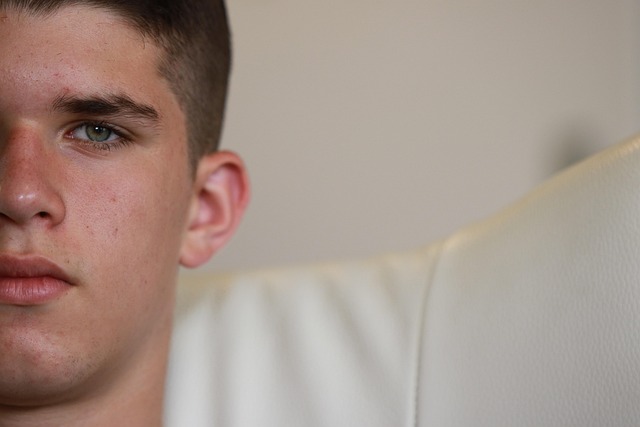If your child has been charged with a crime in Greeley and Weld County, it’s essential to understand the laws, processes, and how to navigate the juvenile court system. As criminal defense attorneys who handle juvenile cases, we have seen firsthand how a youthful mistake or bad decision can turn into a life-altering event.
Defense Attorneys for Weld County Juvenile Case: What Are Juvenile Crimes in Colorado?
In Weld County, Colorado, juveniles are defined as individuals under the age of 18. While juveniles may be arrested for a wide variety of offenses—ranging from petty theft to more serious violent crimes—juvenile crimes typically fall into one of the following categories:
- Misdemeanors: These are less serious offenses, such as shoplifting, trespassing, or vandalism. These charges can still carry significant consequences, including probation and community service.
- Felonies: More serious offenses, such as assault, robbery, drug possession, or sexual assault. Felony charges carry harsher penalties, and the consequences of a conviction can impact your child’s future for years to come.
Juvenile Court vs. Adult Court in Colorado: A Morgan County Criminal Defense Attorney Explains
Juvenile cases are typically handled in juvenile court, which is designed to focus on rehabilitation rather than punishment. Juvenile court proceedings are generally more private, and the goal is to provide services that can help the young person avoid future criminal behavior.
However, in certain cases, a juvenile can be charged as an adult, particularly in serious felony cases. This is called a direct filing or transfer to adult court. In these cases, the penalties are often much harsher, and the individual faces the full weight of the adult criminal justice system. Factors that may lead to this include the nature of the crime, the juvenile’s age, prior criminal history, and whether the juvenile is perceived as a danger to society.
Possible Consequences of Juvenile Convictions
Although juvenile courts are generally more focused on rehabilitation, a conviction can still have lasting consequences for your child’s future. Depending on the offense, some potential consequences include:
- Juvenile Detention: If the offense is serious, a juvenile may be sentenced to a juvenile detention facility, which is similar to a juvenile prison. This is more common for violent crimes or those with prior criminal history.
- Probation: This is a common sentence for less severe crimes. The juvenile may be required to meet with a probation officer, attend counseling, complete community service, or stay out of trouble for a specific period.
